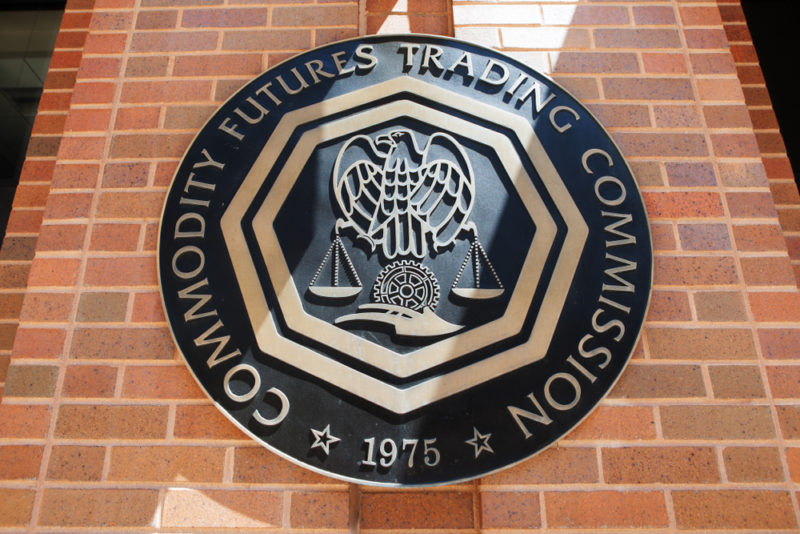Several proposals to give tax exemptions to firms that are using blockchain technology and cryptocurrencies are being discussed in Spain.
The ruling People’s Party is at the moment working on new legislation that would give incentives to businesses that are raising funds through ICOs.
If lawmakers embrace the changes, investors would no longer be mandated to report crypto assets under a certain threshold.
Teodoro Garcia Egea, a deputy from Prime Minister Mariano Rajoy’s party who is taking care of the bill, believes that it is in Spain’s interest to entice companies using blockchains. He claims that “the technology is a driver for business” in industries such as finance, health and education.
“We hope to get the legislation ready this year”, the legislator was quoted as saying in a report that was published on Bloomberg, stressing that the level of digitalization will be crucial for Spanish companies.
The People’s Party is at the moment consulting with experts before finalizing and moving forward with the legislation in parliament. The ruling majority would also be taking a close look at developments in other countries that have adopted their legal frameworks.
Switzerland is an ideal example as the Alpine country has already become a leader in the region, after establishing a Crypto Valley in Zug and implementing guidelines on initial coin offerings (ICOs).
The authors of the bill are evaluating proposals to attract businessmen to use blockchain for crowd fundraising through ICOs. The draft also heads tax breaks for small firms that are specializing in sectors such as 3D printing or data processing. Garcia Egea said that these incentives would be offered as rebates.
The new legislation might also include a threshold below which businessmen would not be asked to report a cryptocurrency investment. Officials are working on provisions to safeguard crypto investors. They will be worked upon by Spain’s markets and securities regulator.
“We want to set up Europe’s safest framework to invest in ICOs” the Spanish deputy said.
In a post on his website late last year, Egea tried to curry support for his proposals by educating the public about blockchain technology. He compares it to the institution of the public notary.
“A notary is a highly qualified and independent professional, who provides guarantees for security and legality”, the lawmaker said. In Internet, these characteristics can be attributed to blockchains, he added.
The blockchain technology does not take the place of the notary, but offers reliability, transparency and traceability for contracts between individuals beyond what notaries can do, Egea wrote.
Blockchains do not replace the expertise of legal professionals. From regulatory point of view, the blockchain technology does not pose a risk but a great opportunity to do a better job, the lawmaker explained.

 Business5 days ago
Business5 days ago
 Bitcoin3 days ago
Bitcoin3 days ago
